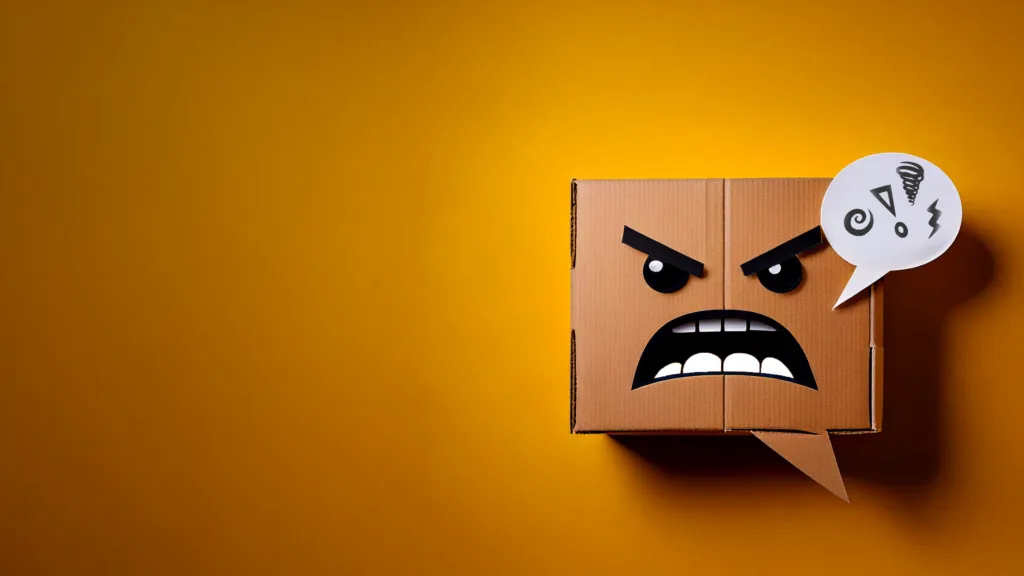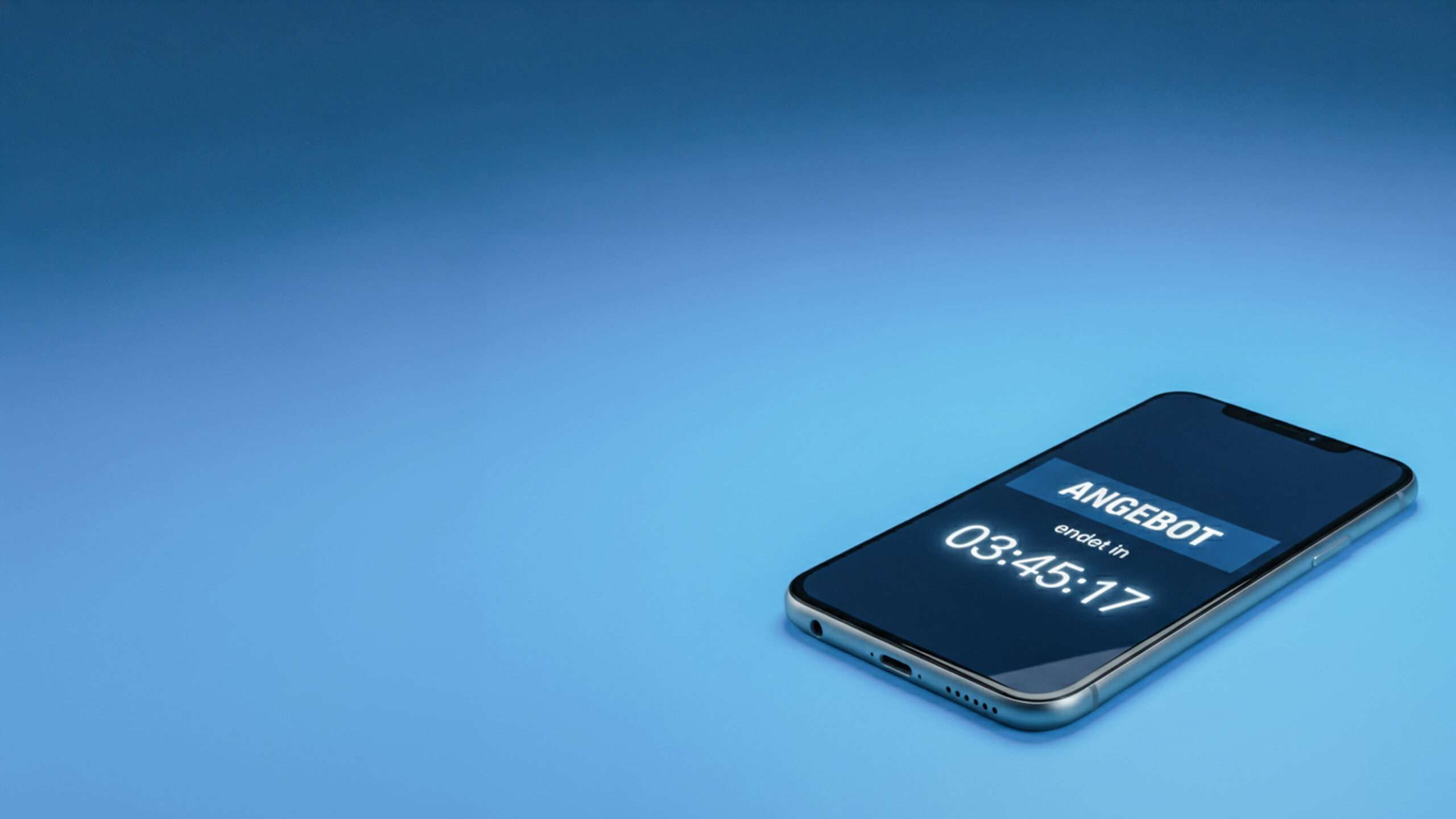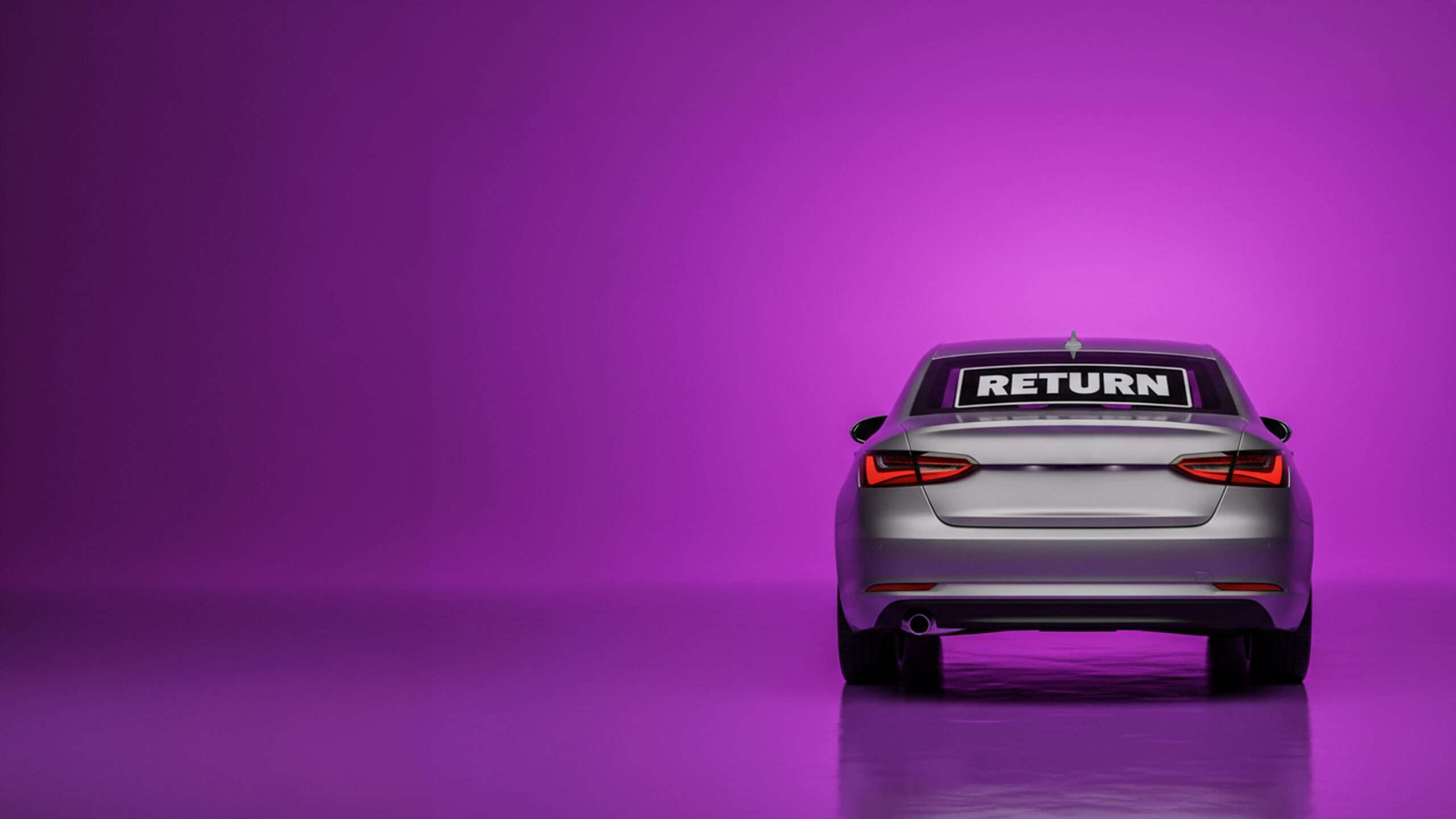
Hatefluencer
are not
Competitors.
Hatefluencer
are not
Competitors.
from
When two influencers argue about statements made by one of them, competition law claims are the obvious first step. But do the requirements for claims under competition law even exist in such cases?
From INfluencer to Hatefluencer
An influencer operates accounts on the platforms YouTube, Twitch, Twitter, TikTok and Instagram. In addition to gaming content, her videos also deal with current political issues, in particular women’s rights, feminism and the laws of the LGBTQ community.
The influencer defended herself against statements made by another influencer. Specifically, the influencer objected to statements such as that she “incites hatred day in, day out (…)”, that it was her business model to “spread this hate and this fake news” and that she was accusing other people of sexually harassing her. The influencer sues him “because she doesn’t like what I say about her (…)”; she displays “mysogenic behavior”, he considers her a “hatefluencer”, “she spreads hate, that’s her content”.
The influencer took action against these statements on the grounds of infringement of general personal rights and competition law .
No concrete competitive relationship
The Higher Regional Court of Frankfurt am Main (Judgment of 17.7.2025 -, Ref. 16 U 80/24 ) ruled in favor of the influencer with regard to some of the statements due to infringement of general personal rights, but rejected claims under competition law. According to the Frankfurt higher regional court judges, the specific competitive relationship and a commercial act required for competition law claims were lacking.
Although both players are active in the streaming segment, this alone does not constitute a direct competitive relationship. The influencer’s specific video did not advertise his own or third-party goods or services. Rather, he reported on conflicts and asked for donations for legal defense. This served to expand his community, not to promote sales.
It has not been shown that the influencer gains an economic advantage at the expense of the other. In fact, click figures could even increase for both. The plaintiff influencer also stated that she generates income from gaming, but does the rest “on a voluntary basis”. She was therefore not primarily acting commercially.
This means that there is no competitive relationship and no commercial act. Only claims based on general personal rights remain.
Not everything is an infringement of competition law
The decision shows that not every statement made by influencers can be combated with the means of competition law. When influencers make critical statements about other influencers, evaluate or comment on the content of other influencers or when it comes to public discussions about influencers, especially in a political context, there is often no competitive relationship and no commercial act. In such cases, one must fall back on claims from the general right of personality.
Conclusion
Even if it is often tempting for many reasons and seems obvious to take action against such statements with cease and desist letters under competition law and, if necessary, proceedings against third parties, the question must always be asked whether this is really a case for competition law or whether other legal bases are not more suitable.
We are happy to
advise you about
Competition law!







